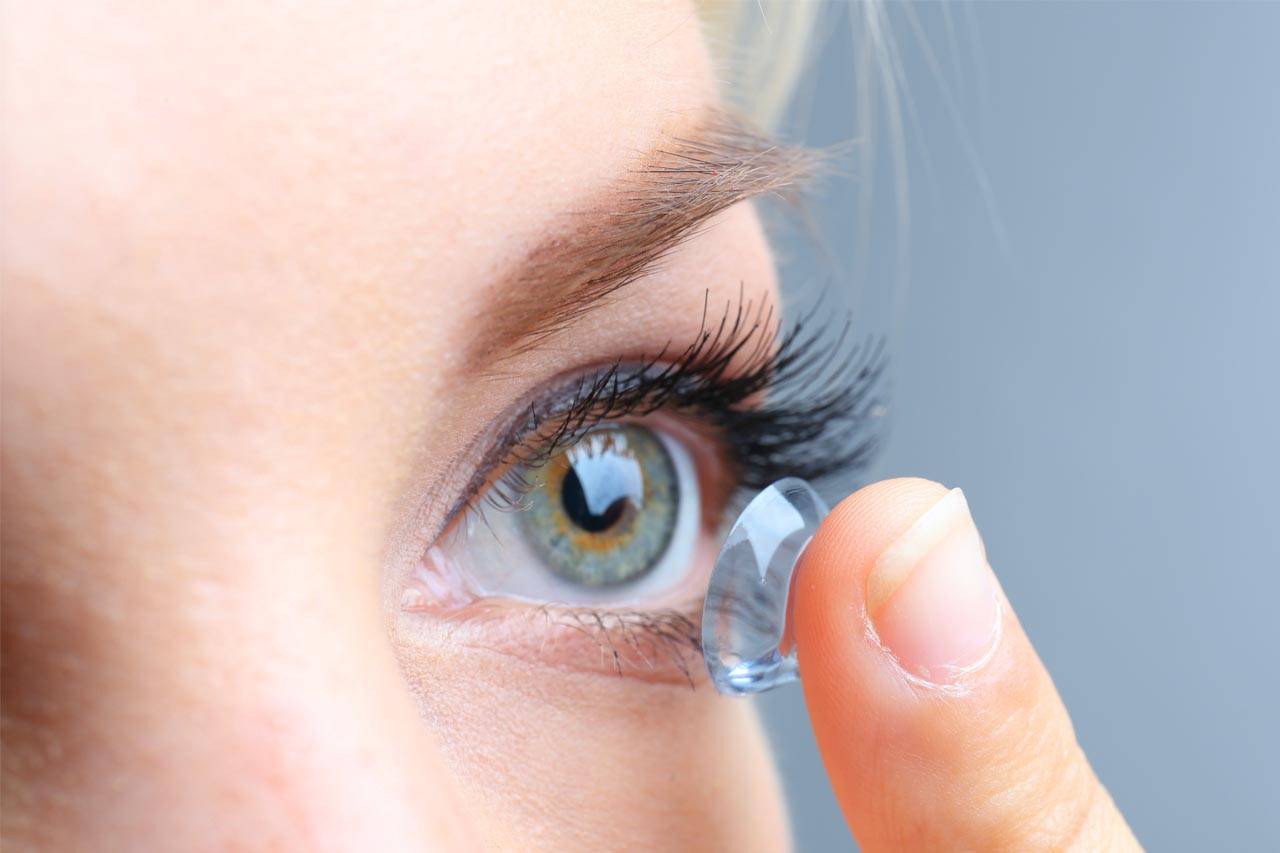Our Lens Experts Explain How to Choose
 Monthly lenses were the gold standard when contact lenses were first released into the consumer market. However, nowadays there are many more types of quality, comfortable lenses out there, and monthly lenses are no longer the popular standard. We offer a wide selection of dailies and monthlies are available in our contact lens collection. Every individual needs to choose the type of contacts that best matches their vision prescription and lifestyle. To do this, a number of issues must be taken into consideration. To assist our patients in making this decision, we offer you an explanation of the main differences between daily and monthly contact lenses:
Monthly lenses were the gold standard when contact lenses were first released into the consumer market. However, nowadays there are many more types of quality, comfortable lenses out there, and monthly lenses are no longer the popular standard. We offer a wide selection of dailies and monthlies are available in our contact lens collection. Every individual needs to choose the type of contacts that best matches their vision prescription and lifestyle. To do this, a number of issues must be taken into consideration. To assist our patients in making this decision, we offer you an explanation of the main differences between daily and monthly contact lenses:
Learn the Basics of Daily and Monthly Lenses
Daily Lenses
Worn only for one day and discarded when you remove them, daily contacts are typically very thin and have a high water content. Natural deposits from your eyes build up easily on their surface, and they cannot be reused. We offer a large variety of brand-name daily lenses and premium solutions to satisfy all of your contact lens needs.
Monthly Lenses
Replaced either monthly or bi-weekly, these contact lenses are thicker than daily disposables. The thicker composition makes them more durable and long-lasting, and they are usually more resistant to drying out. However, they must be disinfected regularly in order to ensure healthy wearing. Monthly lenses are available in an extensive range of prescriptions, and we keep a full inventory in our boutique contact lens store.
What is your vision correction prescription?
Not all contacts are available for all prescriptions. Your vision prescription is therefore one of the most important factors to take into account when selecting suitable contact lenses. As monthlies are made with a harder composition, they are able to give better vision at higher magnifications. If you have a more complex correction, such as toric (astigmatism) or multifocal, then a monthly contact lens may be the only reliable way for you to enjoy sharp vision with lenses.
Are your eyes sensitive?
Some people experience irritation in response to particular contact lens materials. If you have sensitive eyes, you may need lenses with a higher water content or increased oxygen permeability so that they feel comfortable. Dailies and monthlies differ with respect to many of these characteristics. Our experienced optometrists will evaluate your eyes to recommend the best composition of lenses for your personal condition. Nowadays, there are so many types of contacts that even people with sensitive eyes can enjoy comfortable vision with their contact lenses.
Where and when do you plan to wear your contacts?
Sports players or anyone who is very physically active may prefer the convenience of daily lenses, as they can be removed and replaced instantly after contact with dirt, water, sunscreen or sweat. The disadvantage of daily lenses for anyone with an active lifestyle is that the thinner contacts tend to dry out more quickly.
If your plan is only to wear contacts occasionally, this is one of the best reasons to purchase daily lenses. Packs generally come with 30 lenses, and therefore a one-month supply will last you quite a while – with no need to buy expensive disinfectants or replenish your lenses frequently.
If you intend to spend the bulk of your day in a controlled environment, such as an office or home, then monthly lenses may be preferred. Time isn’t as pressured and you’ll have plenty of opportunity to sterilize the lenses, as needed. If you’ll need to remove your contacts more than once a day, or switch back and forth between eyeglasses and contacts daily, monthly wear lenses are also recommended.
Do daily lenses and monthly lenses cost the same?
The expense is comparable. Note that dailies can be pricier if you’re switching them more frequently than once a day, yet monthlies come along with the cost of cleaning solutions for sterilizing and storing your lenses.
Who’s the winner: dailies or monthlies?
If you can achieve crisp vision for your eyes with either monthly or daily lenses, then the final decision is a personal one related to your lifestyle. This is a choice that you and your professional eye doctor should make together! For more information and to schedule a contact lens fitting, contact us and we’ll provide you with full contact lens services.








Leave a Reply